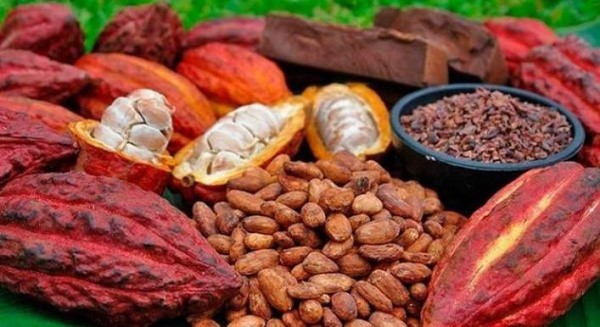Togo’s coffee production doubles over past decade, government targets further expansion

On Thursday, the Togolese government announced significant progress in the country’s coffee sector, revealing that production has doubled over the past ten years.
Between 2013 and 2023, coffee production surged from 10,950 tonnes to 27,336 tonnes, according to official data.
Building on this momentum, the government now aims to double production once again, setting an ambitious target of 50,000 tonnes by 2030, compared to the current 25,000-tonne threshold.
The 2022-2023 season marked a notable boost in Togo’s coffee and cocoa exports, as reported by the Coffee and Cocoa Sector Coordination Committee (CCFCC).
Exports reached 3,500 tonnes for coffee, a 9% increase compared to the previous season, while cocoa exports rose to 9,000 tonnes, representing a dramatic 63% increase.
This followed a resurgence during the 2021-2022 campaign, which saw coffee exports jump from 2,000 tonnes in 2021 to 3,200 tonnes—an increase of 60%—and a moderate rise in cocoa exports from 5,400 tonnes to 5,500 tonnes.
Togo’s coffee industry, primarily focused on arabica beans, is concentrated in areas such as Tchaoudjo in the central region and the Plateaux in the southeast.
Historically, growth in the sector has been hindered by infrastructure challenges, agricultural management issues, and global price volatility.
Recent government-led initiatives seek to revitalize the coffee industry by improving yields and supporting agricultural cooperatives.
Emphasizing sustainable cultivation and local processing, these efforts aim to harness the sector’s growth potential amid rising demand for premium-quality coffee on the international market.
About The Author
dailymailafric
I am an avid African news observer, and an active member of Daily Mail Africa.
I’m Passionate about staying informed on diverse topics across the continent,
I actively contribute to publishing on political, economic and cultural developments in Africa.



